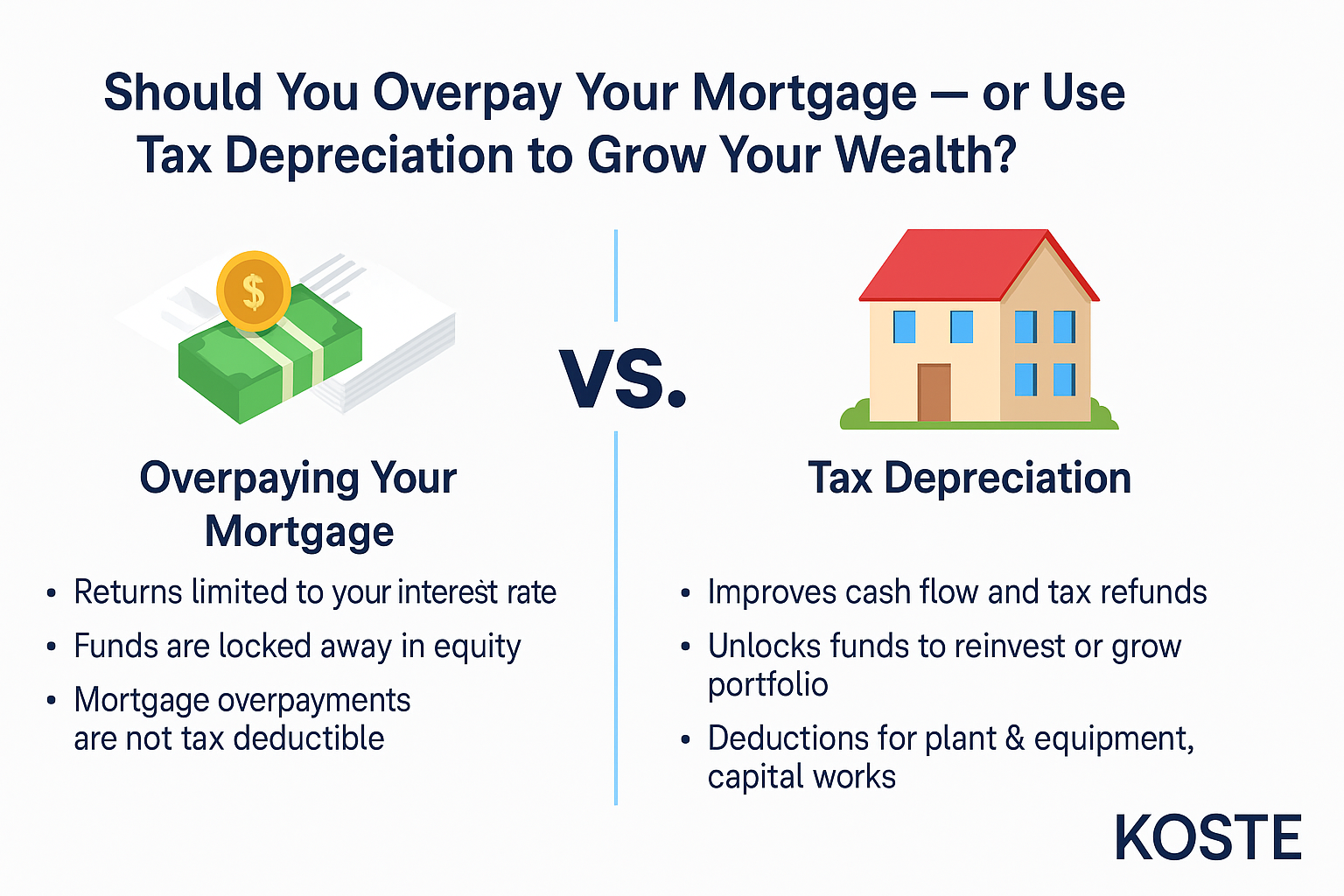
What is a Quantity Surveyor and why do they prepare Tax Depreciation Schedules?
The History of a Quantity Surveyor
A quantity surveyor is a professional who specialises in the measurement, valuation, and management of the costs of construction projects. The role of a quantity surveyor has evolved over time, but the basic principles of the profession have remained largely unchanged for hundreds of years.
The origins of quantity surveying can be traced back to ancient civilizations, where builders and craftsmen used simple tools and techniques to measure and calculate the materials needed for construction projects. In the Middle Ages, the profession of architecture began to emerge, and architects began to take on some of the responsibilities of quantity surveying, including the measurement and valuation of construction projects.
In the 18th and 19th centuries, the Industrial Revolution led to the development of new construction techniques and materials, and the role of the quantity surveyor became more specialized and professionalized. The first professional organization for quantity surveyors, the Royal Institution of Chartered Surveyors (RICS), was founded in the UK in 1868.
Today, quantity surveyors are an integral part of the construction industry, working on a wide range of projects, from small renovations to large-scale infrastructure projects. They use a combination of technical skills, knowledge of construction materials and methods, and business acumen to manage the costs of construction projects and ensure that they are completed on time and within budget.
Why do Quantity Surveyors prepare Tax Depreciation Schedules
The role of a Quantity surveyor also extends to preparing tax depreciation schedules for property investors by accurately measuring and valuating the various components of a property that are eligible for depreciation. These components may include items such as carpets, appliances, and other fittings and fixtures.
To prepare a tax depreciation schedule, a quantity surveyor will typically conduct a physical inspection of the property and create a detailed inventory of all eligible items. They will then use this information, along with their knowledge of construction materials and methods, to determine the cost and useful life of each item. This information is then used to calculate the depreciation deductions that the property owner is eligible to claim on their tax return.
Specialist Quantity Surveyors can also help property investors understand the tax rules and regulations related to depreciation, and advise them on the most effective strategies for maximizing their depreciation deductions. This can be especially useful for property investors who own multiple properties or who have recently purchased a new property, as they may not be familiar with all the tax implications of their investment.
Are all Quantity Surveyors the same?
Not all quantity surveyors are the same in terms of their skills, experience, and expertise. Some quantity surveyors may have more experience working on certain types of construction projects, such as residential, commercial, or industrial developments, while others may have more expertise in specific areas, such as cost planning or contract administration.
In addition, some quantity surveyors may work for construction firms or other organisations, while others may work as independent consultants. This can affect their workload, the types of projects they work on, and the services they are able to offer.
Overall, it is important to consider the specific skills and experience of a quantity surveyor when choosing one for a particular project. It is also a good idea to ask for references and to review their credentials, such as Full Membership in professional organizations like the Royal Institution of Chartered Surveyors (RICS) or the Australian Institution of Quantity Surveyors (AIQS).
How do i choose a specialist Quantity Surveyor to prepare a Tax Depreciation Schedule?
There are a few key factors to consider when choosing a specialist quantity surveyor to prepare a tax depreciation schedule for your property:
- Experience: Look for a quantity surveyor who has extensive experience preparing tax depreciation schedules for properties similar to yours. This will ensure that they have the knowledge and expertise to accurately value the various components of your property and calculate the maximum depreciation deductions available to you. Many Quantity Surveyors only prepare residential tax depreciation reports, as the legislation is complex and differs on commercial property assets.
- Professional qualifications: Consider whether the quantity surveyor is a full member of a professional organisation like the Royal Institution of Chartered Surveyors (RICS) or the Australian Institution of Quantity Surveyors (AIQS). Membership in such organizations can be a good indication of a quantity surveyor’s expertise and commitment to professional standards.
- Reputation: Ask for references and reviews from past clients to get a sense of the quantity surveyor’s reputation in the industry. It can also be helpful to ask other professionals, such as your accountant or financial adviser, for recommendations.
- Fees: Be sure to consider the cost of the quantity surveyor’s services when choosing one for your project. It is important to find a balance between cost and quality, as a more experienced and qualified quantity surveyor may charge more for their services, but may also be able to provide more accurate and valuable advice.
- Communication and customer service: Choose a quantity surveyor who is responsive and easy to communicate with. They should be able to explain the process of preparing a tax depreciation schedule in a way that is easy to understand, and should be available to answer any questions you may have along the way.
If you would like to find out more about Quantity Surveyors, simply call our team on 1300 669 400 or visit our education videos page
Maximise property tax depreciation
Get a Free Quote today
Koste are the leading providers of commercial Tax Depreciation reports. Whether you are a tenant completing a fit-out or landlord recently purchasing a property we can help.

